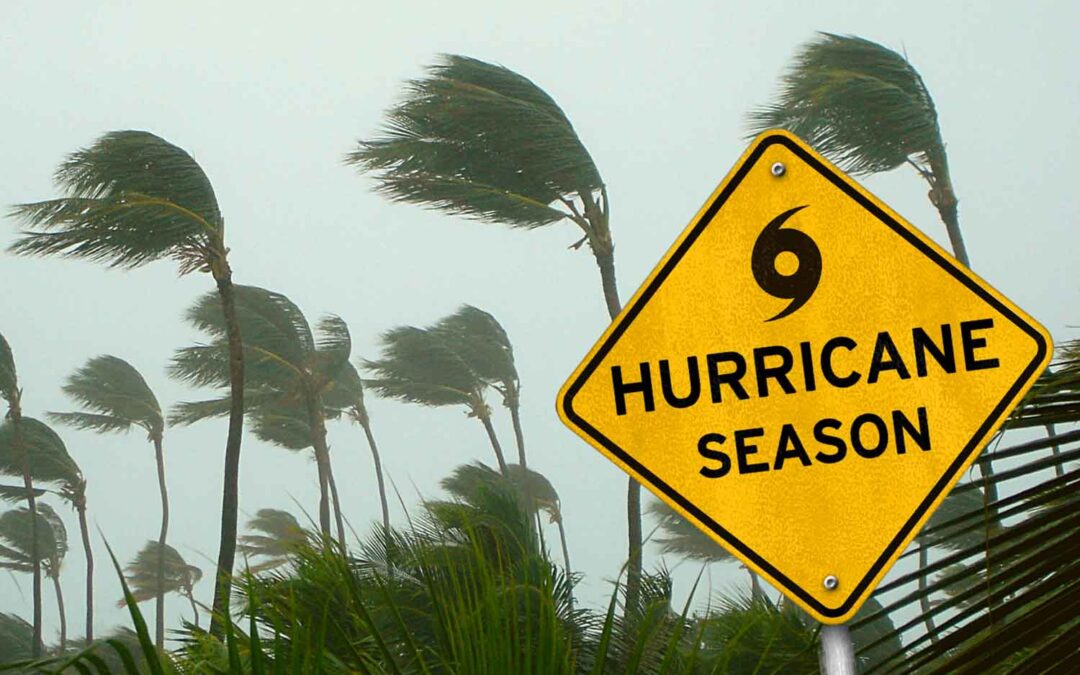Coastal states are scrambling to prepare for a highly unpredictable Atlantic Florida roofing hurricane season, which experts predict will be particularly erratic. This shift in preparation timelines reflects the changing reality of climate change, with storms becoming more intense, starting earlier and extending later into the year. In New Orleans, officials held a media day to emphasize the need for early preparations. The director of Homeland Security and Emergency Preparedness, Collin Arnold, warned against complacency and urged residents to prepare immediately. Although the National Oceanic and Atmospheric Administration (NOAA) issued an outlook suggesting a 40% chance of a near-average season, Mayor LaToya Cantrell emphasized that even one storm can make it active.
On June 2, just a day after the season’s official start, the first named tropical storm of the year formed in the Gulf of Mexico. This serves as a reminder for coastal residents and leaders to take necessary precautions. The familiar recommendations echo throughout coastal areas:
- Don’t wait.
- Prepare now.
- Be aware of evacuation zones.
- Gather emergency supplies.
- Have a plan.
- Review insurance policies.
- Replace batteries.
- Keep gas tanks half full.
- Ensure electric vehicles get charged.
In Florida, which is still recovering from the impact of Hurricane Ian last year, taxes on essential items such as batteries, radios, generators, soap, and pet supplies have been waived until June 9. Similarly, a county near Houston, Texas, launched digital billboards to raise awareness about hurricane season and encourage preventive measures. South Carolina’s emergency management division advised residents to download an app and plan evacuation routes, especially considering the historical challenges faced on I-26 between Charleston and Columbia.
However, not all officials treated June 1 as a significant date on the weather calendar. Despite unofficially declaring a “state of emergency” over education, North Carolina Governor Roy Cooper did not mention hurricane season this week. Nevertheless, the state remains aware of the annual cycle, particularly in communities that still bear the scars of previous hurricanes like Florence in 2018 and Matthew in 2016.
June 1 holds immense significance in New Orleans, a city still recovering from the devastating Hurricane Katrina in 2005 and the recent impact of Hurricane Ida in 2021. Local reporter Chelsea Brasted shared personal tips beyond the recommended supply list, including recording a video of the entire house to document possessions for insurance purposes and ensuring contact information for neighbors is readily available.
Early preparation for hurricane season can be a matter of life and death for some. The increasing unpredictability of storms necessitates a proactive approach to safeguarding lives and minimizing the damage caused by these natural disasters.


Recent Comments